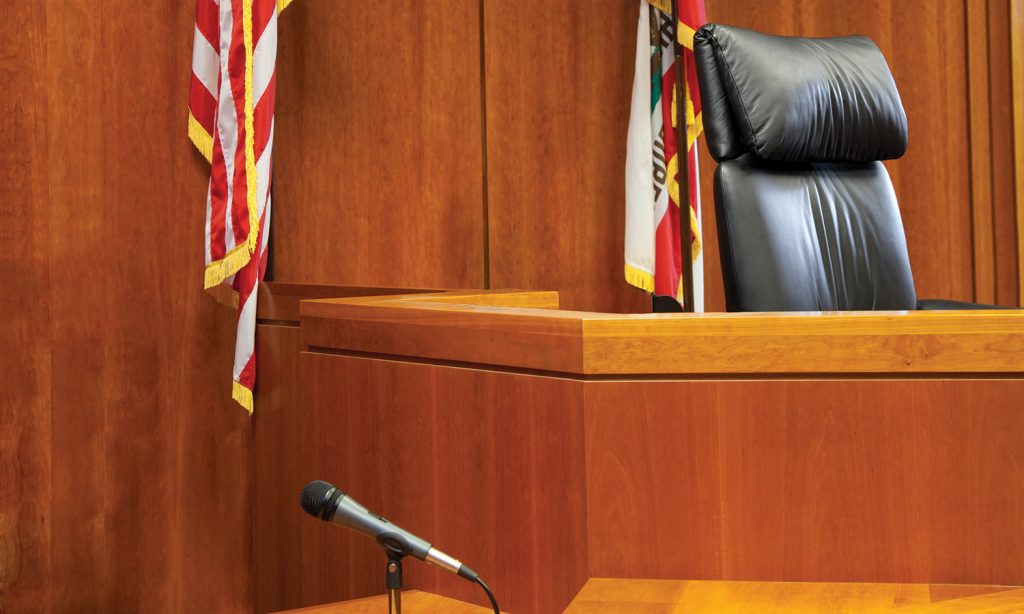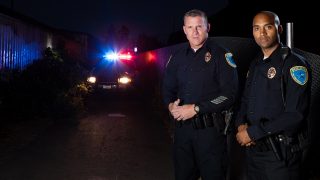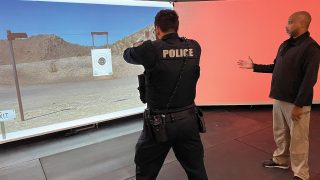
When you are involved in an arrest, everything about that arrest should be documented in your report. If the details are not included in what is presented to a prosecutor or judge, not only is there a likelihood the arrest would not be prosecuted, a criminal will return to the street and a victim will not receive the justice they deserve.
Of course, the circumstances leading to the arrest should be articulated. Establishing probable cause would be imperative. When it applies, other pertinent information should be recorded, injuries to the victim, the extent of damage to property, statements of witnesses or statements made by the arrested subject either as res gestae or after being given their Miranda rights. Some examples would include the lighting conditions and injuries to the arrested person, if any. Specifically, where evidence was found and who found it, how the victim was dressed as well as the arrested person, known handicaps or whether anyone was wearing glasses or needed glasses. Between when the arrest was made and when the person was brought to trial, your memory may not be the clearest. Details are important.
I had a case where the arrested person was known to have a twin. I questioned the person about their differences and how one could tell them apart. She stated her sister had a space between her front teeth. At trial, I was asked to identify the person I arrested. I asked the judge if I could get a closer look at the defendant and asked if she would smile. Seeing no space between her teeth, I identified her as the person I arrested. Upon my return to the witness stand, the judge asked me why that was necessary. I explained that the defendant had a twin sister, and I wanted to make sure it was her. The judge thought I was a truly great detective, but it only involved asking the right questions. During another court appearance, I was once asked by a defense attorney standing right in front of me with a smile on his face, if my partner and I were known on the street as “harass and disgrace.” I chuckled and said I hadn’t heard that one before. It didn’t make a good impression on the jury. He knew exactly what he was doing, and he expected me to react the way I did. The defendant was acquitted.
In another case, I was testifying about arrests I made for prostitution inside a vacation rental. I was required to fill out a room registration form at the vacation rental. Because I was undercover, I used a false name. Even though I had been a police officer for only three years at that point, I was afraid my real name might be recognized. The defense attorney stopped questioning me and addressed the judge, saying I should be advised of my rights as I had violated the law by using a false name when registering in a hotel or vacation rental. Needless to say, this made me a little nervous. But the judge ruled that I was in an undercover capacity performing my official duties, and therefore, I could use whatever subterfuge necessary to further my investigation. Remember, when the defense has no defense, they must attack the government witnesses, and as the arresting officer, you are usually their number one target.
I have met officers who go out of their way to avoid going to court. These officers either didn’t prepare themselves for trial or they didn’t remember certain details leading to a defense attorney, prosecutor or judge denigrated their professionalism. We took an oath to uphold the laws of the United States Constitution, and in whatever jurisdiction in which you work, adhering to that oath as an officer means you will have to go to court when necessary.
In preparation, officers should always review the paperwork they prepared at the time of arrest or prior to an arrest, like the arrest warrant or search warrant affidavits. A half-way decent defense attorney will have all your arrest paperwork, including your preliminary hearing testimony, or any motion hearings testimony or your grand jury testimony. They will examine all the documents to see if they can find any discrepancies. If they can successfully attack your credibility, they can practically eliminate your testimony at trial. My philosophy has been the truth is always the same. So, as long as you tell the truth, there should be no problem.
Testifying is an art. Knowing how to testify can make a significant difference in the outcome of the trial. When asked questions by either the prosecutor or the defense that require more than a sentence or two, look directly at the jury. They are the ones who will decide the guilt or innocence of the person or persons on trial. A yes or no question can be directed to whichever attorney is asking. Defense attorneys will try to draw your attention away from the jury by moving further away from the jury box or speaking in a low voice to try and keep you looking at them when you ask to repeat the question. You should also give the prosecutor time to object if he or she rises or starts to speak. Try not to give more information than is necessary to answer the question, but sometimes more explanation is needed. Defense attorneys will try to cut you off, but that’s OK. If your prosecutor is paying attention, he or she will allow you to explain on redirect. If you do not know the answer to a question, do not be afraid to say, I don’t remember, or I don’t recall. Do not speculate. Stick to what you know as fact.
Knowing how to testify will generally limit the number of questions you get from the defense, mostly because they want to limit your time on the witness stand. Having re-examined all your paperwork and being familiar with any former testimony will make it more difficult for defense attorneys to cross you up.
Whether you’re part of a large police department or a small department, you will quickly establish a reputation as being a professional, and defense attorneys may even be more likely to have their client plea rather than to go to trial against you.
The bottom line is you arrested someone for committing a crime. Our job is to enforce the law. If you have presented all the facts and evidence to the court or jury, you have fulfilled your job. The decisions that the judge or the jury makes are beyond your control.
As seen in the November 2020 issue of American Police Beat magazine.
Don’t miss out on another issue today! Click below:





